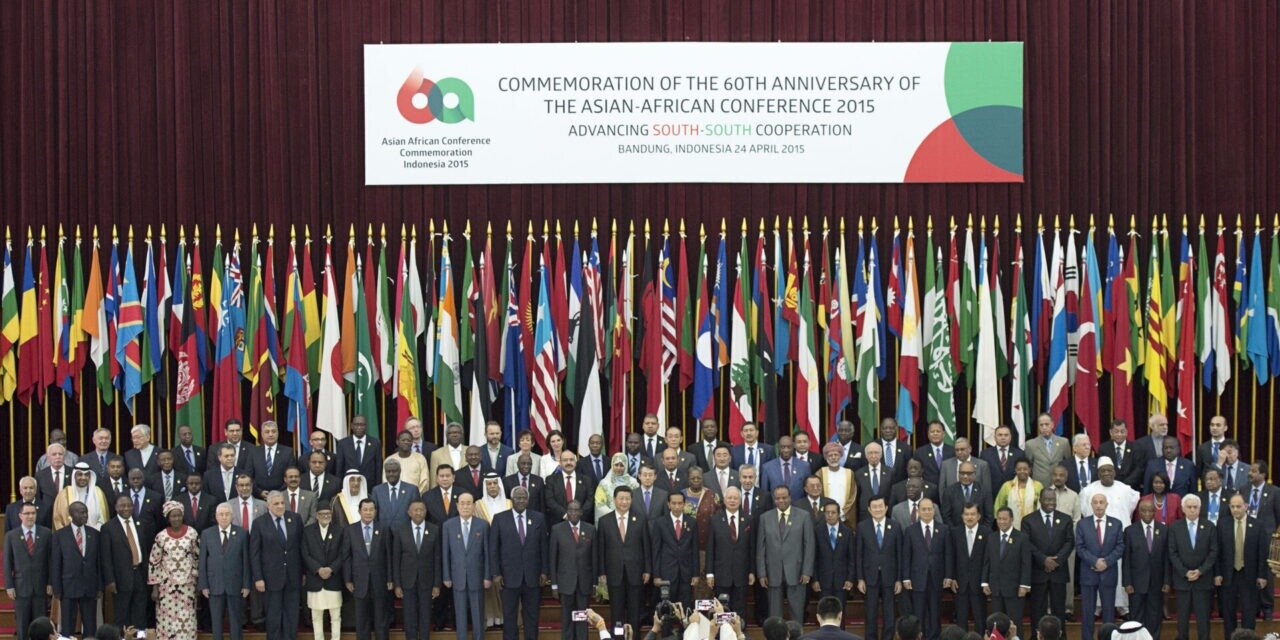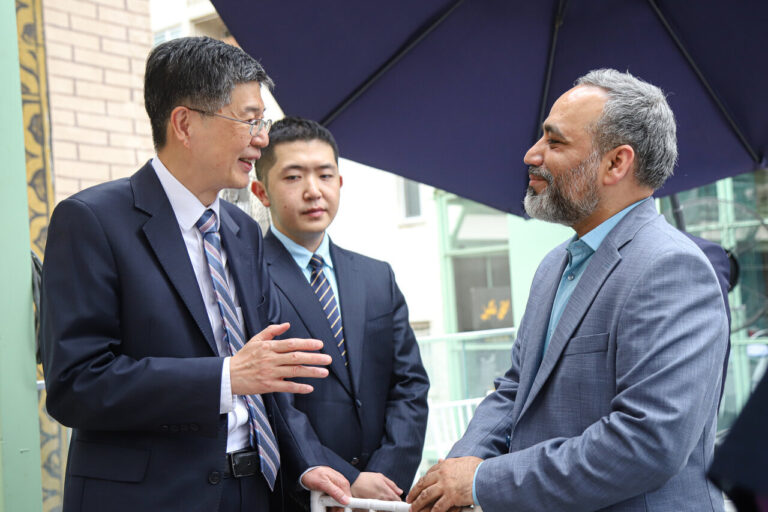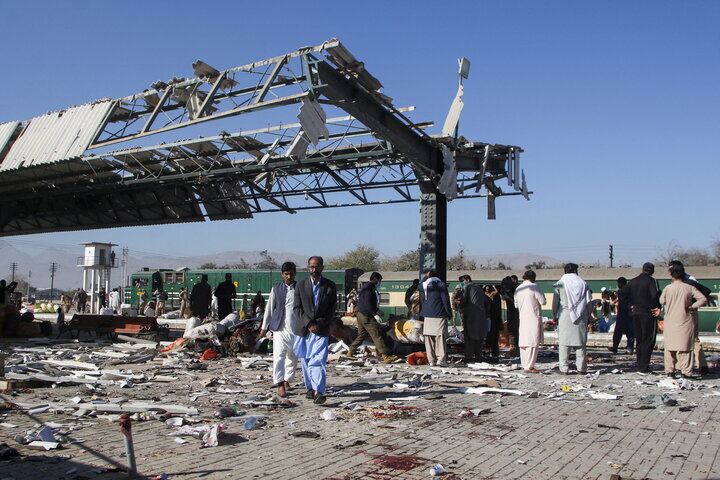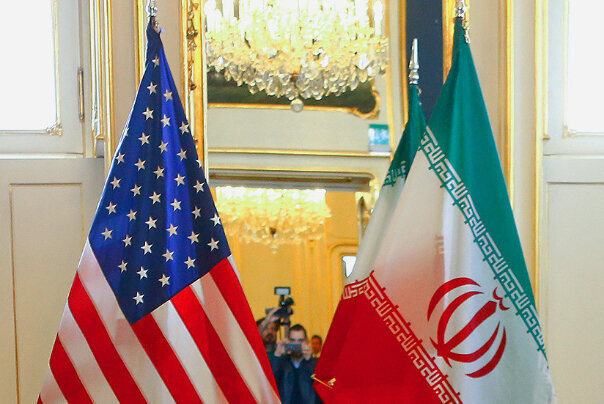Reviving the Bandung Spirit: A Modern Perspective on Its Timeless Value
Seventy years have passed since the historic Bandung Conference, also known as the Asian-African Conference, took place in Bandung, Indonesia, in 1955. This significant gathering marked a pivotal moment in history, as it represented a collective voice of emerging nations advocating for their rights and sovereignty. Despite the numerous changes in the global landscape over the decades, the ideals and principles that emerged from the Bandung Conference remain a vital source of inspiration and guidance for today’s world, especially in light of rising threats such as neo-economic nationalism and unilateral hegemony.
The Bandung Conference was not just a diplomatic event; it symbolized a powerful commitment by Asian and African nations to pursue cooperation in safeguarding peace and promoting sustainable development. As we reflect on this monumental event, its spirit continues to resonate, reminding us of the importance of unity and collaboration in facing contemporary challenges.
The Spirit of Self-Reliance and Defiance of Hegemonic Power
The convening of the Bandung Conference marked a decisive farewell to colonialism for many Asian and African nations. During the 1970s, amidst the geopolitical tensions of the Cold War, numerous countries from these regions encountered significant pressures from dominant global powers. The Bandung Conference stood as a beacon of self-determination and self-reliance, showcasing the courage of nations unafraid to challenge hegemonic forces.
In an era where unilateral hegemonic powers continue to create political uncertainty, the principles of the Bandung Conference serve as a guiding light for developing nations. The anti-hegemony spirit of Bandung emphasizes:
- Rejection of economic exploitation
- Opposition to cultural colonization
- Promotion of self-improvement among nations
This enduring spirit underscores the importance of defending unique economic and political systems, resonating with the struggles of contemporary nations striving for autonomy and respect.
Pursuing a Just and Equal International Order
The Bandung Spirit champions the values enshrined in the United Nations Charter, highlighting the need for a fair international order that supports the economic development and political stability of developing nations. Despite the post-World War II Yalta system aiming to foster a liberal international order, recent geopolitical shifts have posed significant challenges.
Recent developments, including the implementation of stricter tariffs by the United States, threaten global trade and disrupt supply chains. This has led to increased awareness of the necessity for a just international order that safeguards the interests of:
- Emerging economies
- Middle powers
- Developing countries
For the Global South, solidarity is essential in resisting the pressures exerted by superpowers. It is through unity that these nations can work towards maintaining a rational international order and strive for a brighter future for all humanity.
Upholding Sovereignty and Territorial Integrity
The Five Principles of Peaceful Coexistence, jointly proposed by China, India, and Myanmar in 1954, were integral to the discussions at the Bandung Conference. These principles, encapsulated in the “Declaration on the Promotion of World Peace and Cooperation,” emphasize:
- Mutual respect for sovereignty and territorial integrity
- Mutual non-aggression
- Non-interference in each other’s internal affairs
- Equality and mutual benefit
- Peaceful coexistence
At the heart of these principles is a commitment to mutual respect, which is vital for fostering peaceful relations among nations. Countries of the Global South, including China, advocate for political dialogue and diplomatic negotiations as alternatives to military interventions.
Consultation on Equal Footing and Mutual Benefit
The Bandung Spirit recognizes the unique characteristics of all nations, emphasizing the importance of equality and mutual assistance. It promotes the right to equal development, asserting that countries from the Global South have an equal voice in international discussions, which is essential for true multilateralism.
As technological advancements present new challenges in development and governance, a collaborative approach is necessary. To address these complexities, nations must:
- Engage in deeper multilateral cooperation
- Identify common interests
- Work towards win-win solutions
The principles established during the Bandung Conference remain relevant today, guiding nations in addressing the ever-evolving issues of global governance through communication and collaboration.
The Legacy of the Bandung Spirit
At the core of the Bandung Spirit is the commitment to solidarity and cooperation among Asian and African nations. By promoting mutual respect and understanding, these countries strive to find common ground while acknowledging their differences. The Bandung Spirit encourages a vision of a more autonomous and self-reliant Global South, united in the face of international uncertainties.
As we commemorate the legacy of the Bandung Conference, it is vital to uphold its principles and promote the ideals of cooperation and equality. This not only fosters a peaceful coexistence among nations of all sizes but also paves the way for a world characterized by shared prosperity and mutual respect.
In summary, the Bandung Conference serves as a reminder of the enduring power of unity among nations, particularly in challenging times. The spirit of Bandung continues to inspire the Global South to work collaboratively towards a better future for all.
(ZHANG Yuan is Professor of the Middle East Studies Institute of Shanghai International Studies University, China)






